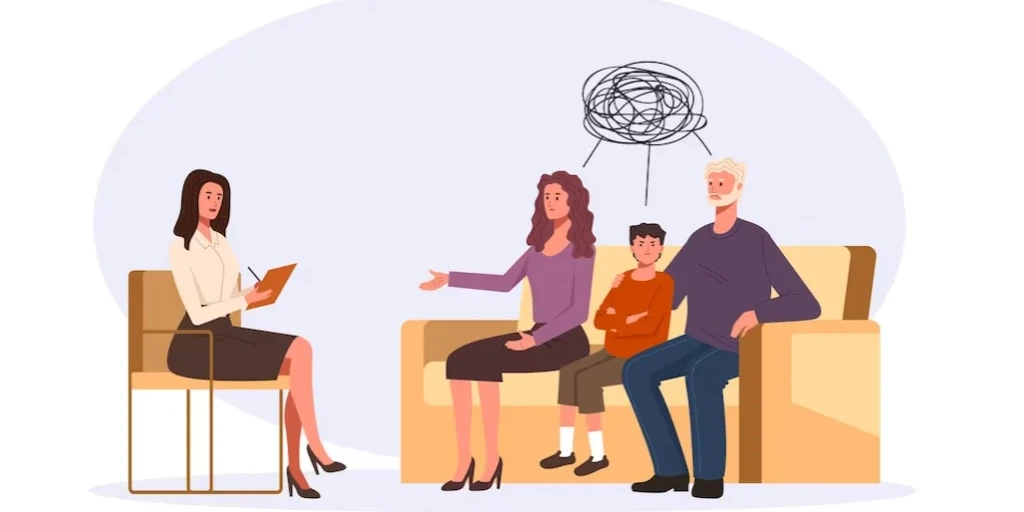24/7 Helpline:
(866) 899-221924/7 Helpline:
(866) 899-2219
Learn more about Eating Disorder Treatment centers in Reisterstown
Eating Disorder Treatment in Other Cities

Other Insurance Options

Excellus

Magellan Health

Oxford

Sliding scale payment assistance

Coventry Health Care

CareFirst

GEHA

Self-pay options

Ambetter

Evernorth

Carleon

Molina Healthcare

PHCS Network

American Behavioral

Aetna

UMR
Beacon

ComPsych

Absolute Total Care

Optima
















